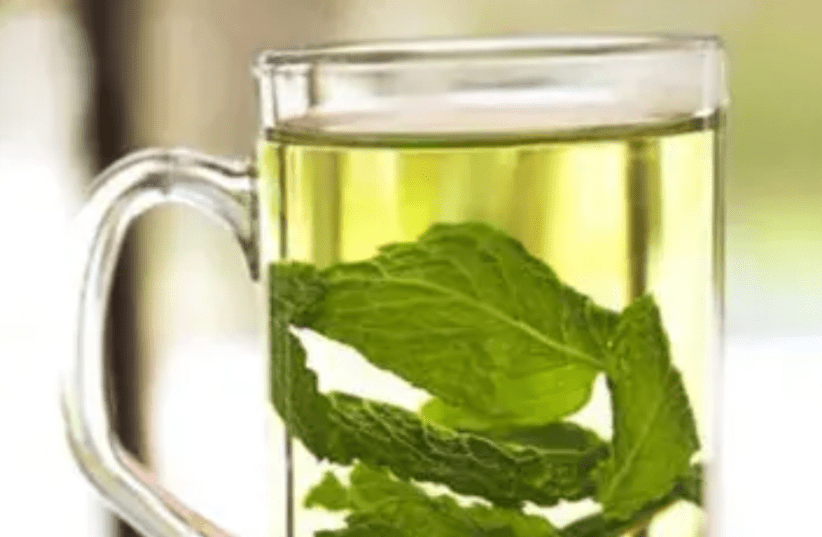Snoring is undoubtedly a problem that can make life difficult for couples. Most people struggle to fall asleep next to a snoring person, while the snorer themselves often feel a lack of energy and a sense of guilt. Snoring not only disrupts the sleep of the partner, but also causes fatigue and irritability the next day. It is estimated that 45% of the population snores occasionally, while 25% snore regularly, including women, men, young people, and the elderly. If you are one of those suffering, or if it is your partner who snores, you should know that it is really challenging to try to stop it. There are lifestyle changes that can help with snoring, as it is caused by soft tissue vibrations, mainly in the soft palate area, resulting from narrow airway passages due to excess weight, structural issues in the tongue and palate base. Additionally, it is recommended not to consume alcohol three hours before sleep.
However, there is one beverage that the sleep specialist does recommend enjoying at night, and that is mint tea. Martin Seeley, a senior sleep specialist at MattressNextDay, explains on The Mirror's website why this herbal hot beverage is "the perfect drink" and how it can help alleviate snoring. "It has purifying properties that help clean the sinuses and promote easier breathing," he says. "It also has anti-inflammatory effects that can reduce mucus buildup in the airways, ease breathing, and reduce the chances of snoring." Additional tips recommended by Martin include a "secret weapon" against snoring - taking a hot shower before sleep. Besides being a relaxing activity, the steam from the shower can moisten nasal passages, reduce mucus in the nose, and facilitate breathing. He also suggests using healing plants in the shower for added benefits: "Enhance your shower experience by hanging a lavender or mint sachet around the showerhead, and introduce essential oils into the steam for additional relief," he says.
The food you eat before sleep can also contribute to your snoring, so Martin recommends staying away from spicy food, ice cream, and milk shortly before going to bed. "Consuming milk before sleep can lead to mucus production, which can contribute to snoring by causing congestion and obstruction or blockage of the airways," he explains. "It is known that lactose found in dairy products encourages excess mucus production, making the mucus thicker and harder to release, which can lead to snoring." If you still want a late-night snack, it's better to choose healthier alternatives that are not high-fat dairy foods.
